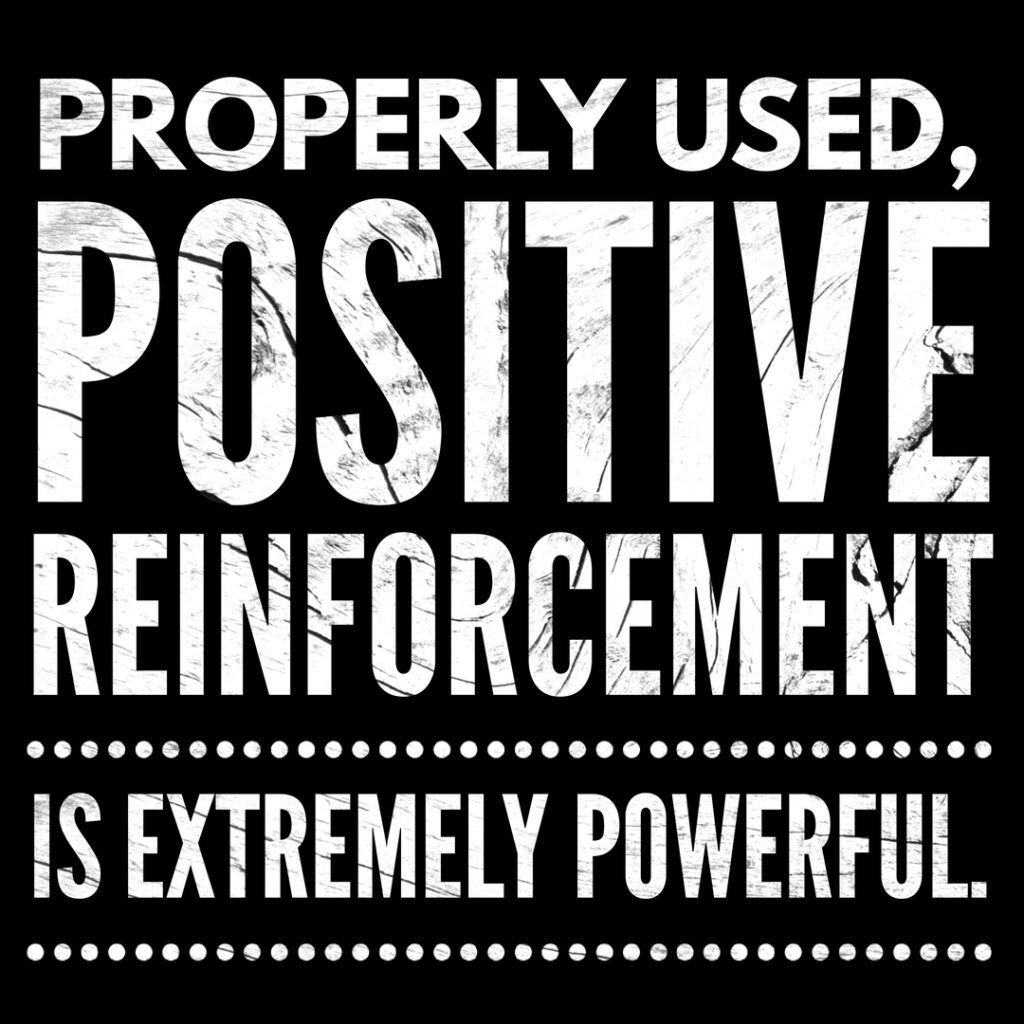In general, when you’re managing employees, it’s always a good idea to give them a certain degree of recognition. You want to praise them for the things they do well so that they’ll continue doing more and more of those things. And you want to offer constructive criticism in other cases, so that they know how to improve their performance.
The worst thing a manager can do is criticize someone scathingly, not just for their work performance but also their personality traits. When your criticism comes across as a personal attack, it’s not going to have any effect on the person who is at the receiving end.
However, there are some cases when providing positive reinforcement just doesn’t have any effect, and it might be necessary to try a different tack.
When the Problem Is Too Severe
Let’s say you have a problem employee in your office. If a name just came to mind, then yes, that person is a problem employee! This person seems to get angry about little things. Maybe they’re very sensitive to criticism. Maybe they never turn things in on time. Maybe they don’t respond well to authority figures and are constantly challenging you. Maybe they get together with other employees and indulge in complaining sessions which only serve to make others feel the way they do.
If you’ve tried everything possible to deal with such an employee, then it might be time to let them go. Positive reinforcement is not going to work when the case is so severe.
When Praise Doesn’t Have an Effect
There are people who respond well to praise. You tell them they did a good job and they beam. Then they try to do a good job again the next time. This is, ideally, how positive reinforcement should work.
However, there are people who may not believe that you’re being sincere in your praise. Or they might not really care how much you praise them because they believe that they ought to be paid more. Or they might end up thinking that you’re a sucker because you’re praising them for little things.
When someone comes in with a negative attitude like this, praise may not have any effect. It may be better to be clear about what you’re looking for, in terms of results, with this type of person.
When Your Praise Is Not Sincere
Sometimes, you’re looking for a way to give someone positive reinforcement, but you just can’t find anything. So you make something up. You praise them for a task which was actually not well done.
This is obviously very dangerous because it can backfire. It can make that person do the same thing over and over when you would really prefer that they didn’t. Or they may recognize that you’re being insincere and they may hold it against you. They may think that you’re being sarcastic or satirical when the truth is that you were just looking for something good to say.
Instead, it might be better to wait until that person actually does something well and then praise them. They may have to wait for the praise, but they will probably think it was worth it.


